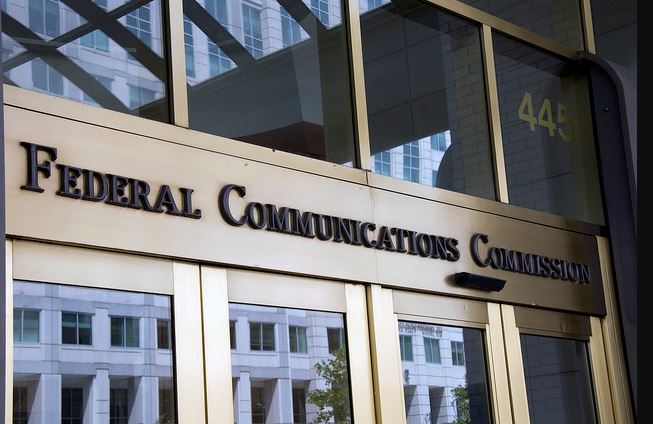
The Federal Communications Commission (FCC) has taken a firm stance against the use of AI-generated voices in robocalls, declaring them illegal following a recent incident involving a fake robocall impersonating President Joe Biden.
In an official statement on Thursday, FCC Chair Jessica Rosenworcel emphasized that such deceptive practices are increasingly being employed by malicious actors to manipulate and mislead individuals.
FCC Outlaws AI-Driven Voice Robocalls
The FCC’s declaratory ruling not only condemns the use of AI-generated voices in robocalls but also provides state attorneys general with enhanced authority to pursue legal action against those responsible for orchestrating such schemes.
This ruling marks a significant step in combatting fraudulent robocalls that exploit vulnerable individuals, impersonate public figures, and disseminate misinformation.
According to Rosenworcel, the utilization of AI-generated voices in unsolicited robocalls poses a serious threat, with perpetrators exploiting the technology to extort money, impersonate celebrities, and deceive voters.
By explicitly outlawing the use of AI to generate voices in robocalls, the FCC aims to deter fraudsters and protect consumers from falling victim to these deceptive tactics.
In response to the emergence of fake robocalls leveraging generative AI technology, New Hampshire Attorney General John Formella has initiated investigations into the source of these fraudulent calls.
One such robocall, traced back to a Texas-based company called Life Corp, targeted voters during New Hampshire’s Democratic primary election, prompting swift action from law enforcement agencies.
Read more: Study Finds Possible Link Between Weight Loss Drugs And Reduced Risk Of Depression And Anxiety
FCC Takes Action for Voter Integrity

Democratic FCC Commissioner Geoffrey Starks highlighted the heightened believability of fake robocalls facilitated by voice cloning technology, emphasizing the urgency of addressing this emerging threat to electoral integrity and public trust.
Voice cloning, as identified by the FCC, can manipulate recipients into taking actions they would not otherwise consider, posing significant risks to individuals’ privacy and security.
The FCC’s crackdown on AI-generated robocalls builds on previous enforcement efforts, including the imposition of substantial fines on individuals and organizations found guilty of engaging in illegal robocall activities.
In 2023, the FCC imposed a $5.1 million fine on conservative activists for orchestrating over 1,100 illegal robocalls aimed at suppressing voter turnout during the 2020 U.S. election.
As fraudulent robocalls continue to proliferate, fueled by advancements in AI technology, regulatory agencies like the FCC are increasingly prioritizing measures to safeguard consumers and uphold the integrity of democratic processes.
The FCC’s decisive action underscores its commitment to combating deceptive practices in telecommunications and protecting the public from exploitation by malicious actors.
Read more: Top DHS Official Warns Of China, Russia, And Iran’s Attempts To Illegally Obtain US Technology

